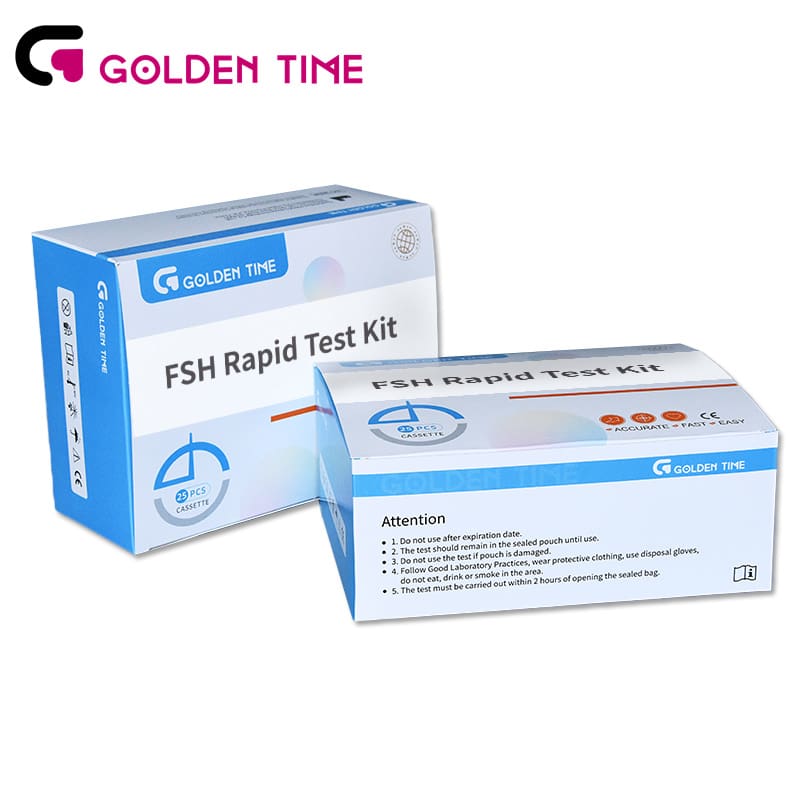Aug . 01, 2024 06:15 Back to list
Find Trusted Suppliers for Fast Malaria Testing Kits and Rapid Diagnostic Solutions Online
How to Buy Rapid Malaria Test Kits A Guide for Suppliers
Malaria remains one of the world's most prevalent infectious diseases, affecting millions of people, particularly in tropical and subtropical regions. Prompt and accurate diagnosis is crucial for effective treatment and control of malaria. Rapid malaria test kits have emerged as a vital tool in this regard, enabling healthcare providers to diagnose the disease quickly and efficiently. For organizations and healthcare providers looking to buy these test kits, understanding the suppliers and the purchasing process is essential.
Understanding Rapid Malaria Test Kits
Rapid malaria test kits are diagnostic tools that allow for the quick detection of malaria parasites in a patient's blood. These tests typically use immunochromatography to detect specific antigens produced by malaria parasites. The advantages of rapid tests include their quick turnaround time, ease of use, and the ability to be administered in low-resource settings without the need for complex laboratory equipment.
Identifying Reliable Suppliers
When seeking to buy rapid malaria test kits, it's crucial to identify reliable suppliers. Several factors can help assess the credibility and quality of suppliers
1. Certification and Compliance Ensure that the supplier's products meet international quality standards, such as CE marking in Europe or FDA approval in the United States. These certifications indicate that the test kits have undergone rigorous testing and comply with safety and efficacy regulations.
2. Reputation Research the supplier's reputation in the market. Look for reviews, testimonials, and case studies from other healthcare organizations that have used their products. A reputable supplier should have a history of providing effective and reliable diagnostic tools.
3. Product Range A good supplier should offer a variety of rapid malaria test kits, catering to different types of malaria parasites (e.g., Plasmodium falciparum, Plasmodium vivax). This flexibility is essential for healthcare providers working in diverse environments.
4. Support and Training Some suppliers provide training and support for the proper use of their test kits. This support can be invaluable for healthcare workers, particularly in regions where training resources may be limited.
buy rapid malaria test suppliers

The Purchasing Process
Once you have identified potential suppliers, the purchasing process involves several steps
1. Requesting Quotes Contact multiple suppliers to request quotes for the rapid malaria test kits. Provide details about the quantity required, preferred delivery times, and any specific product specifications.
2. Comparing Prices and Services Compare the prices, shipping costs, and services offered by different suppliers. While cost is an important factor, consider the overall value, including the reliability of the supplier and the quality of customer support.
3. Placing Orders Once you have selected a supplier, place your order through their designated process, which may include completing formal purchase orders or navigating online platforms.
4. Ensuring Quality Control Upon receiving the test kits, inspect them for quality assurance. Check expiration dates and ensure that all items are intact and undamaged.
5. Training Staff If the supplier offers training, make sure that your healthcare staff is adequately trained to use the rapid malaria test kits effectively. This training can significantly improve diagnostic accuracy and patient outcomes.
Conclusion
As malaria continues to pose a significant health challenge worldwide, the role of rapid malaria test kits in ensuring timely diagnosis cannot be overstated. For healthcare providers and organizations looking to buy these essential diagnostic tools, choosing the right suppliers and ensuring a smooth purchasing process is key to enhancing disease management and improving patient care. By focusing on quality, training, and support, healthcare providers can play a crucial role in the fight against malaria, ultimately saving lives and improving health outcomes in affected regions.
-
Pregnancy Test Calculator: Know Your Weeks, Week by Week
NewsAug.22,2025
-
Malaria Pf Ag Rapid Test Kit - Quick & Accurate Detection
NewsAug.11,2025
-
Accurate Cardiac Marker CK-MB Rapid Test for Quick Results
NewsAug.10,2025
-
Premium Empty ABS Plastic Cassette for Test Strips
NewsAug.09,2025
-
Sterile Urine Cup: Accurate Specimen Collection for Labs & Home
NewsAug.08,2025
-
Malaria Pf/Pan Ag Rapid Test Kit for Fast, Accurate Diagnosis
NewsAug.07,2025

